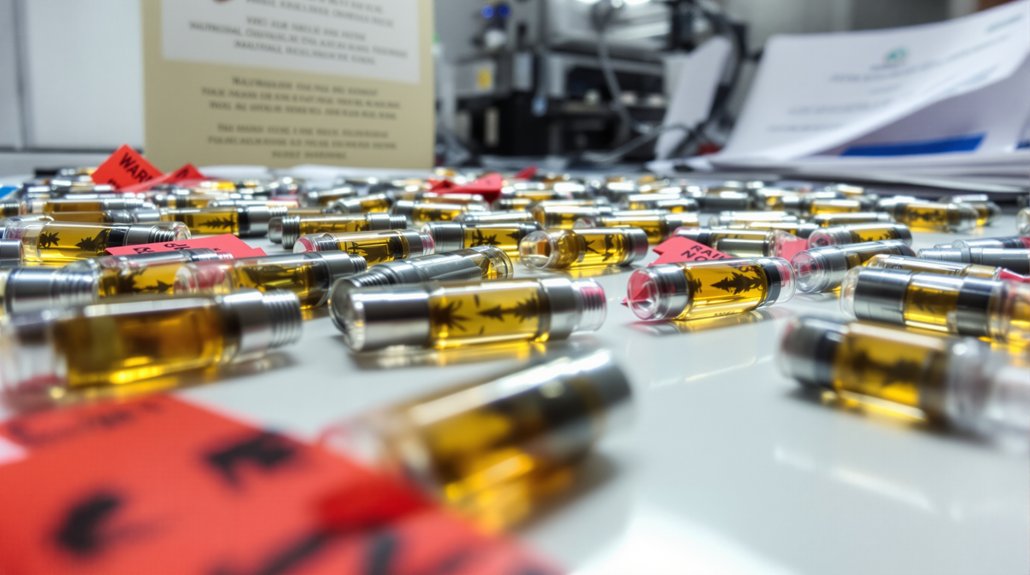Turkey has officially joined the growing ranks of nations embracing medical cannabis, as its Parliament passed groundbreaking legislation in July 2025 legalizing the sale of cannabis-derived medications through licensed pharmacies. This historic move places Turkey alongside approximately 50 countries that have recognized the therapeutic potential of cannabis-based treatments.
Turkey’s Parliament legalized medical cannabis through licensed pharmacies in July 2025, joining approximately 50 nations recognizing cannabis therapeutic potential.
The new law takes a decidedly conservative approach, restricting sales exclusively to pharmaceutical-grade, low-THC cannabis products. Patients seeking relief from chronic pain, epilepsy, cancer, multiple sclerosis, and psychological disorders can now access these medications through proper medical channels. The legislation also expands availability beyond traditional medicines to include supplements, personal care products, and nutritional aids derived from cannabis.
Multiple government ministries will oversee this carefully orchestrated rollout. The Ministry of Health assumes primary responsibility for licensing pharmacies, conducting inspections, and implementing an electronic track-and-trace system to monitor every product from cultivation to patient consumption.
Meanwhile, the Ministries of Agriculture and Interior collaborate on cultivation oversight and distribution logistics.
This represents a significant expansion from Turkey’s previous position, where only specific medical CBD products like Sativex were available. The broader framework amends multiple health and chemical substance regulations while maintaining strict boundaries against recreational use.
Medical professionals remain divided on the initiative’s merits. The Turkish Medical Association has voiced concerns about insufficient scientific evidence supporting cannabis safety and efficacy across all approved conditions. They particularly highlight THC-related risks, including potential dependency, psychiatric disorders, and cognitive impairment when used improperly. The association warns that recreational cannabis use leads to fatal traffic accidents increasing by 37%.
CBD receives more cautious endorsement, though experts acknowledge data limitations regarding broader medical applications.
Turkey’s domestic cannabis industry stands poised for substantial growth. Industrial hemp cultivation has operated legally in 19 provinces since 2016, primarily for fiber and grain production. President Erdoğan championed increased hemp production in 2019 as an economic diversification strategy, and the new medical cannabis framework promises expanded cultivation opportunities. Unlike Thailand, which embraced both medical and recreational use to become Asia’s pioneer in cannabis reform, Turkey maintains a strictly medical approach.
Farmers must secure three-year permits from the Ministry of Food, Agriculture, and Livestock to participate in this emerging market. Enhanced domestic production aims to satisfy growing demand for medical cannabis raw materials while potentially positioning Turkey as a future exporter. The initiative coincides with impressive domestic growth, as hemp production surged from 280 tons in 2020 to over 1,700 tons in 2024.
The legislation forms part of broader healthcare reforms designed to improve patient access while maintaining rigorous safety standards. Only Ministry of Health-licensed pharmacies can dispense these products, ensuring professional oversight and eliminating black market alternatives.
This measured approach reflects Turkey’s attempt to balance medical innovation with public health concerns, creating a regulated pathway for cannabis therapeutics while avoiding the controversies surrounding recreational legalization.









